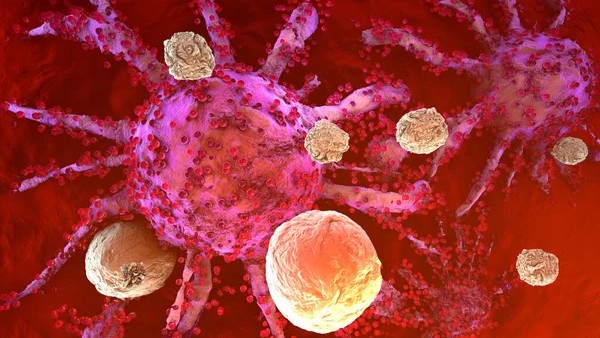
Why doesn’t your body attack the food you eat? – Cancer Research Institute
Cancer Research Institute (CRI) shared an article by Liuhui Fu, et al. on LinkedIn:
“Why doesn’t your body attack the food you eat?
While our immune system is built to fight off dangerous invaders including viruses and bacteria, it must also tolerate harmless substances such as food and beneficial probiotic bacteria. When this balance fails, it can trigger allergic reactions—where the immune system mistakenly attacks everyday foods, leading to symptoms ranging from rashes to life-threatening anaphylaxis.
But how does our body recognize and control its immune response?
Groundbreaking research from CRI Postdoctoral Fellow Dr. Liuhui Fu and CRI Scientific Advisory Council member Dr. Dan Littman at NYU Grossman School of Medicine, published in Springer Nature’s , highlights newly discovered immune cells in the gut, which prevent immune overreactions to food. These specialized cells, called APC (antigen presenting cells), train the immune system to tolerate food and beneficial gut microbes, thanks to key transcription factors, Prdm16 and RORγt.
This discovery offers vital insight into preventing food allergies and autoimmune gut disorders.
Learn how this new discovery could reshape how we treat and prevent food allergies.”
Prdm16-dependent antigen-presenting cells induce tolerance to gut antigens
Authors: Liuhui Fu, Dan Littman, et al.

More posts featuring Cancer Research Institute.
-
Challenging the Status Quo in Colorectal Cancer 2024
December 6-8, 2024
-
ESMO 2024 Congress
September 13-17, 2024
-
ASCO Annual Meeting
May 30 - June 4, 2024
-
Yvonne Award 2024
May 31, 2024
-
OncoThon 2024, Online
Feb. 15, 2024
-
Global Summit on War & Cancer 2023, Online
Dec. 14-16, 2023
